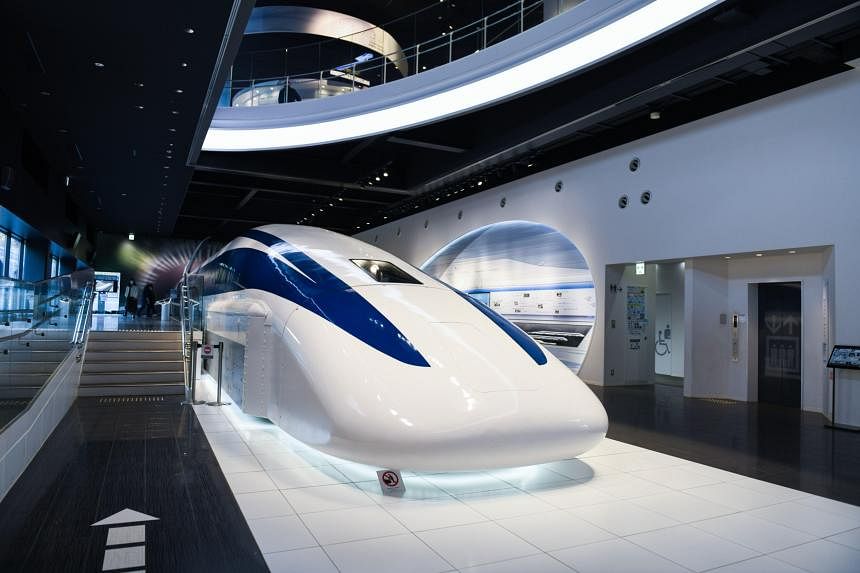TOKYO – Japan’s ambitious plans to debut the world’s fastest train service by 2027 have hit a snag, with the project at least seven years behind schedule.
On March 29, it was announced that the first phase of the maglev, or the Linear Chuo Shinkansen, connecting Shinagawa in Tokyo to Nagoya was drastically behind schedule. The service would cut travel time between the two places to 40 minutes, down from 1hr 26min via the bullet train.
Already a subscriber? Log in
Read the full story and more at $9.90/month
Get exclusive reports and insights with more than 500 subscriber-only articles every month
ST One Digital
$9.90/month
No contract
ST app access on 1 mobile device
Unlock these benefits
All subscriber-only content on ST app and straitstimes.com
Easy access any time via ST app on 1 mobile device
E-paper with 2-week archive so you won't miss out on content that matters to you


